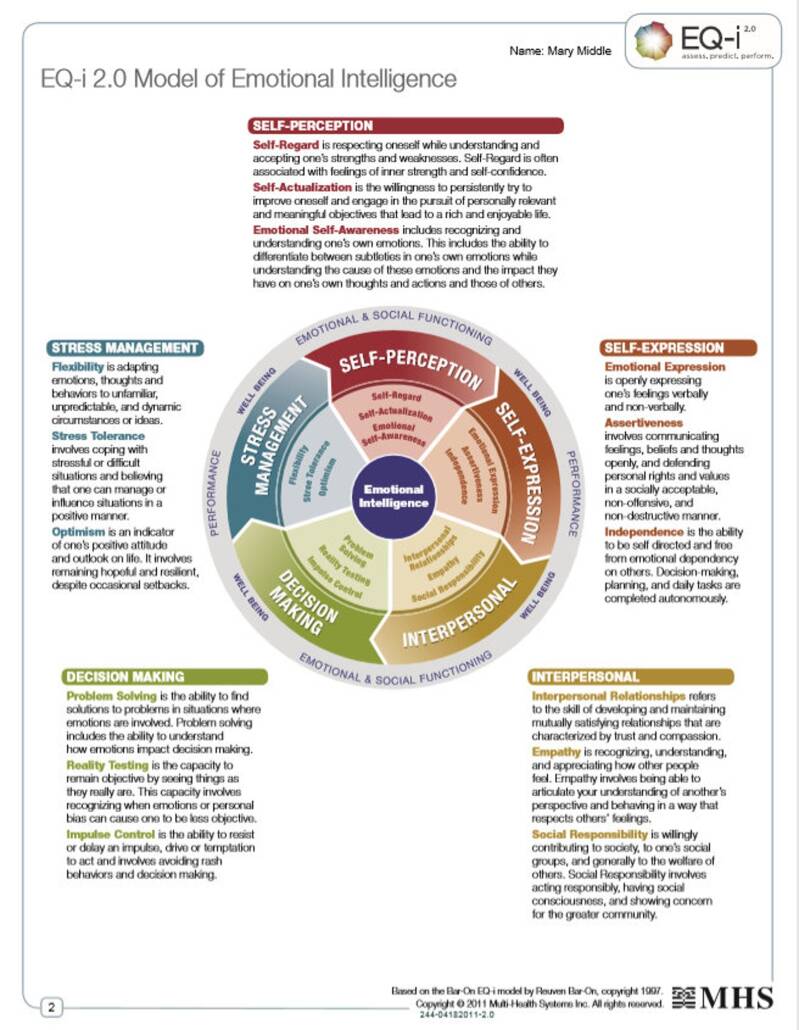I think everyone wants to grow. In my 20 years of leadership and helping people, I don't think I've ever met a person who genuinely doesn't want to to improve something about themselves. Whether it's finances, health, spirituality, relationships, leadership or whatever, we all can see the need for improvement in some area.
As I've coached people, I've often used the phrase "Head, Heart, and Hands."

It means helping people grow in knowledge/information = head, emotional intelligence/character = heart, and skills/competencies = hands. It not only informs my approach to coaching but also helps people understand areas in their life that they might not have thought of, which could be holding them back from achieving the progress they're looking for.
For the most part, I think our society focuses on growing mainly in two of those three areas; head and hands. Think about it. We almost always measure someone's competency or maturity based on how much they know or what they can do. Our whole educational system is based on building knowledge and skills, but I would argue that we really don't grow as a person if we neglect the heart or emotional intelligence.
Even in areas that seemingly have little to do with emotions, we will find success or failure depending on our emotional intelligence. You may know financial numbers and budgeting very well, but if you don't have a grasp on your impulse control or stress tolerance, keeping a budget will feel like an impossible task. In your job, you may know everything about the product or service you provide and can competently perform every task required, but if you lack in empathy or self-expression, you likely will feel frustrated, not be a great team player, and resent customers. You may be an expert in business and management, but if you're weak in assertiveness, empathy, and interpersonal relationships, you're not going to be a great leader.
Psychologist and author, Daniel Goleman said, “If your emotional abilities aren’t in hand, if you don’t have self-awareness, if you are not able to manage your distressing emotions, if you can’t have empathy and have effective relationships, then no matter how smart you are, you are not going to get very far.”
Our accomplishments in school and our IQ scores might contribute to our attractiveness as job candidates, but they are poor predictors of job performance and success. Researchers estimate that emotional intelligence is up to four times more important in helping us to succeed, which is a good thing because, unlike personality or IQ (which are fairly fixed), we can expand our emotional intelligence significantly, especially with EQ assessment and coaching.
Now, emotional intelligence doesn't mean becoming more emotional (what some people think when they hear emotional intelligence). It means developing competencies and capacity to manage emotions, relationships, and circumstances in healthy and productive ways.
Dr. Reuven Bar-On, a pioneer in the field of emotional intelligence, developed the EQ-I Bar-On Emotional Quotient Inventory, which has been developed into the EQi 2.0 (Emotional Intelligence Quotient Inventory). It measures 5 categories with 15 competencies:
Self-Perception
-Self-Regard
-Self-Actualization
-Emotional Self-Awareness
Self Expression
-Emotional Expression
-Assertiveness
-Independence
Interpersonal
-Interpersonal Relationships
-Empathy
-Social Responsibility
Decision Making
-Problem Solving
-Reality Testing
-Impulse Control
Stress Management
-Flexibility
-Stress Tolerance
-Optimism

These competencies have been empirically proven over 20 years of research to be the most important predictor of success for individuals and the organizations they serve. By understanding them, we have the opportunity to increase our emotional intelligence and overall growth. We can create new habits and change the way we approach situations. This will only improve our level of success in our work, and in our lives.
Please contact us to talk about EQ assessment, consulting, training, speaking, or coaching for you, your organization, or someone you know.
By Tony Janzen
Founder and Director
Inspired Life Resource Association

Add comment
Comments